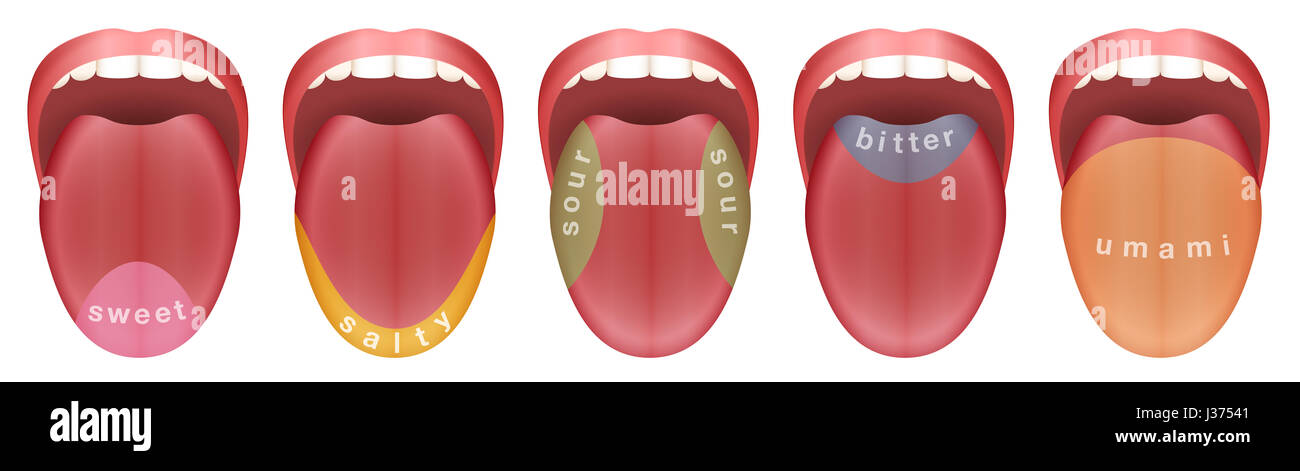

“It’s best to avoid alcohol mouthwashes during this time, as this could make them more sore and inflamed,” says Dr. Temperature extremes can damage the taste buds and cause swelling-fortunately, they’ll usually heal within a few days sans treatment. Something really hot (or really cold) caused irritation. If your symptoms persist any longer than 10 days, have your doctor run a rapid strep test to see if your infection is bacterial and requires antibiotics. Viral infections, such as the cold and flu, typically go away on their own. “After that, it becomes bright red and the taste buds swell, giving the tongue an appearance similar to that of a strawberry,” says Dr. Along with swollen tonsils, fever, and rash, the tongue becomes coated and peels. Scarlet fever, an infection that can happen in people with strep throat, is the most notable culprit.

An infection could be brewing.Īlthough rare, taste bud swelling from a viral or bacterial infection can happen.

Anti-reflux medications are available too, such as omeprazole and lansoprazole, should dietary changes not make much of a difference. Avoiding foods that can exacerbate reflux is the first step to treat this (think: spicy and fatty foods, coffee, chocolate, soda). “Sometimes this acid can make its way to your mouth, which can cause burns on the tongue and swollen taste buds,” says Dr. or your stomach acid likes to travel.Īcid reflux is caused by stomach acid going backwards and up into the esophagus. As for your stuffy nose, “you can improve nasal ventilation using mentholated candies and steam inhalations with added eucalyptus oil,” says Dr. “Taste buds require a moist environment to function properly, and therefore a dry mouth can cause them to become irritated and swollen,” says Clare Morrison, MD, general practitioner and medical advisor at MedExpress.ĭrinking enough H20 is obviously paramount in this situation, but if medication or sluggish salivary glands are the culprit, artificial saliva mouth-sprays are available. Your mouth is Sahara-dry.ĭry mouth isn’t just a sign of dehydration or a side effect of certain medications (here’s looking at you, blood pressure meds)-other causes include the salivary glands failing to produce enough saliva, and chronic mouth-breathing (like when you’re combatting a stuffy nose). (This is particularly important if you have a dry mouth or are a smoker.) For an added layer of protection, cap off your routine with mouthwash. To get your taste buds back on track, experts recommend brushing the top surface of the tongue during your daily teeth cleaning and flossing. When your brushing and flossing routine is all over the map, bacteria and viruses can get a little too comfortable in your mouth, leading to overgrowth and infection, says Dr.


 0 kommentar(er)
0 kommentar(er)
